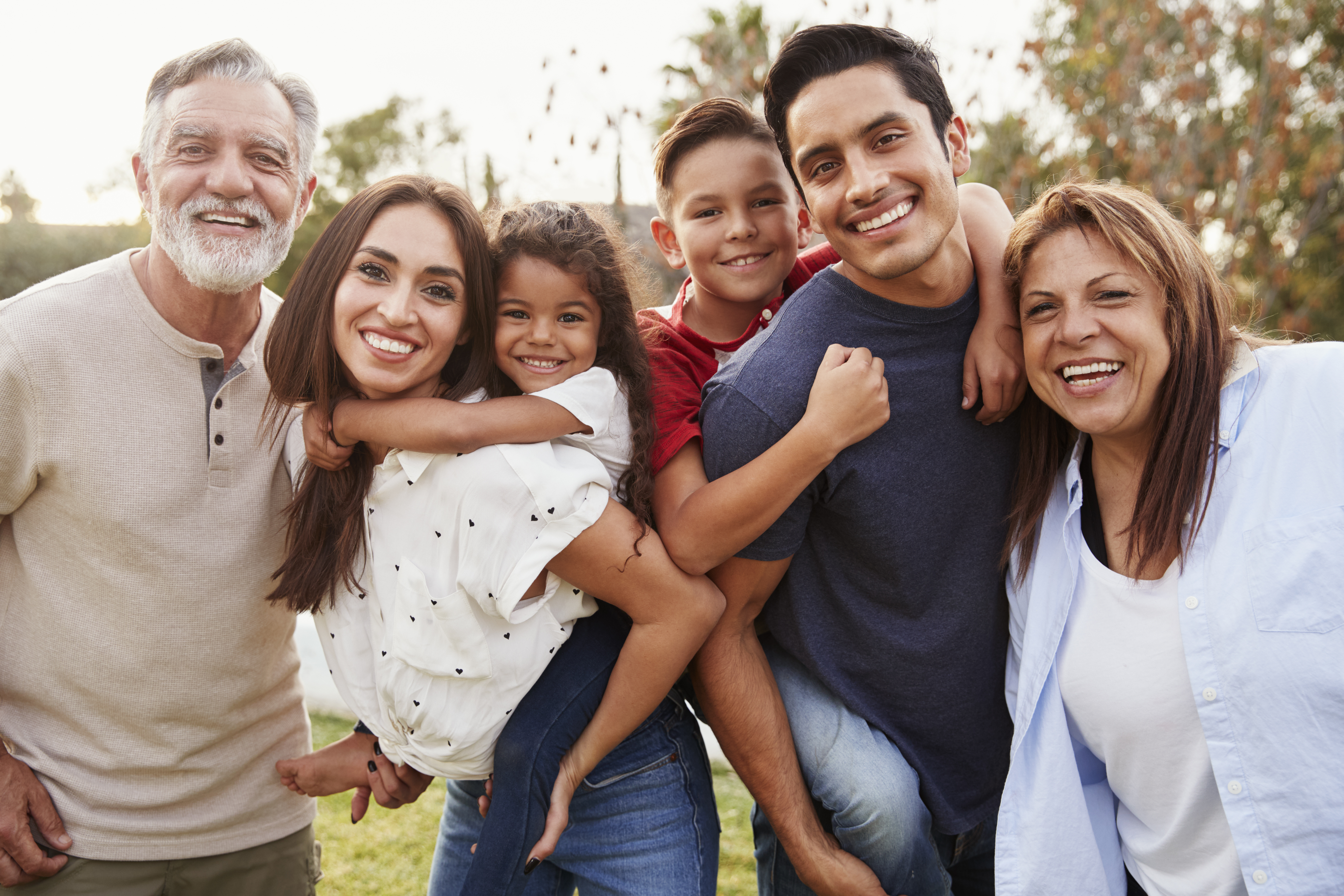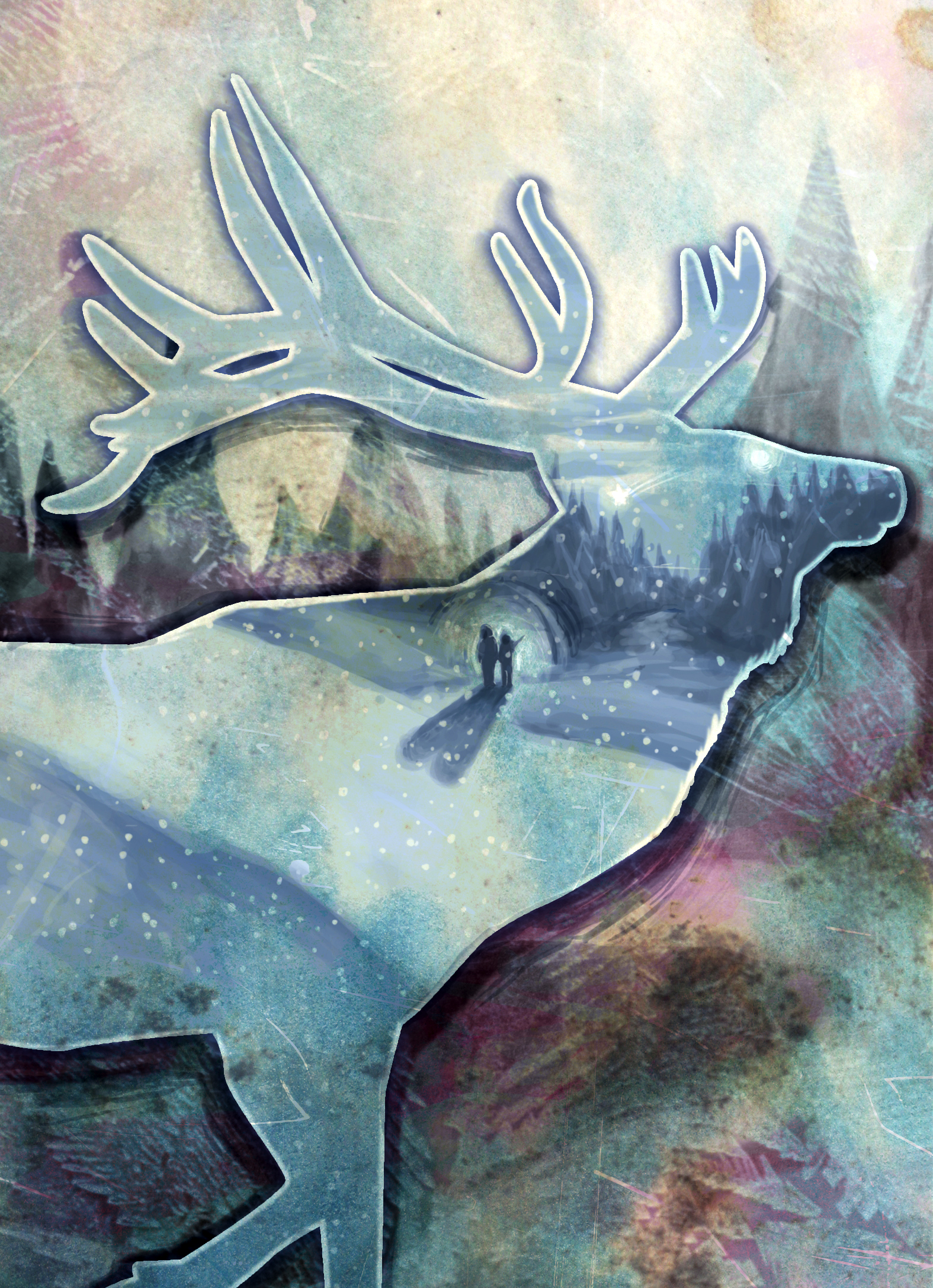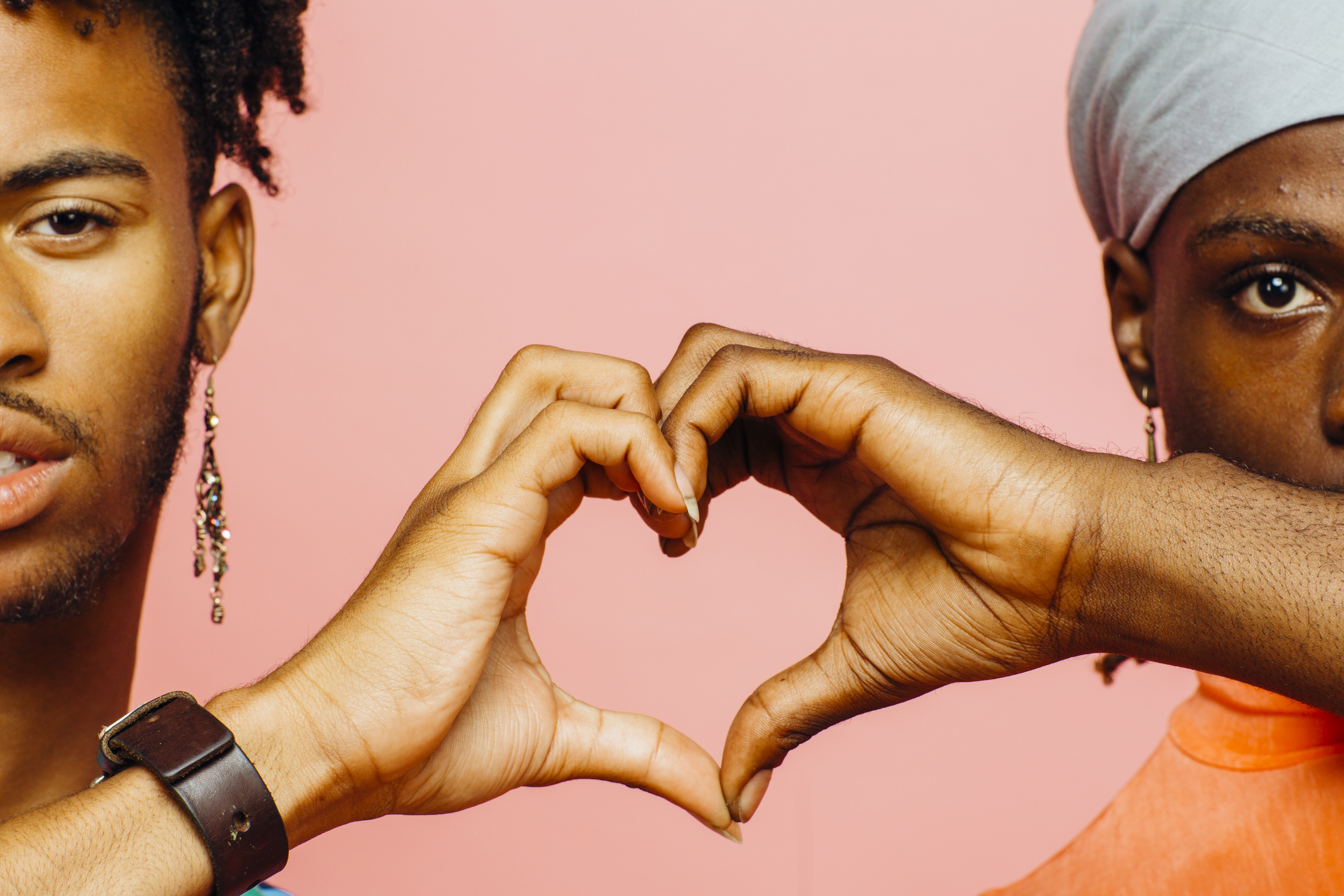“If I’m gonna tell a real story, I’m gonna start with my name.” — Kendrick Lamar
Ask almost any African American the age-old question what’s in a name, and you’re sure to hear a variety of interesting – and surprising – answers.
Do some African American names reflect history and culture, or simply parents’ creativity? Who influences their selection? How do these names, and the stereotypes which persist about them, affect the lives of their bearers? We sat down with a group of African American women to discuss these questions and more.

Being unique is important
Just as with hair, music, and even food in the African American community, names also frequently take something familiar and add a creative twist.
Francyenne M.: I think sometimes in our community, we do have some kind of a unique way we approach a name. We want our kids to be different. Like my daughter, her name is Kourtnei. I needed it to have like a French spelling or a different spelling… I think we try to be unique when we give names or when we have names…we want our kids to be different.
Andreshia K.: Yes, so my sister … her kids are named Breyarvis and TaQuajlen, then if she had a girl, she had this other name picked out too, it was Zakayah- Rea’l.
Rosailand P.: I wanted my kids to have not, as they say, the typical black names. I’m Ros and my children are R-A’s. I have a Rashaad and a Rashundra, and my grandchildren, the girls are also R’s so that was our trend. I wanted them to have something that I felt like related back to me, but stronger. My younger sisters did it the same way with the first letter.
Tremaya R.: In the 60’s and 70’s, as a culture, we notably moved into let’s find a way to be unique, or be creative, or express the African side of our culture. Today it’s less, say Keishas and Shanequas from the 80s and 90s. But now we see more Beyonces and Milans. That’s part of who we are, we continuously, creatively evolve.

Sometimes a name is just a name
Often a name is a testament to a parent’s creativity. But, in a tradition which dates back to African culture, many African Americans are often named with strong input from family and friends.
Andreshia K.: My name doesn’t mean anything. It was made up by my older sisters.
Rosailand P.: I don’t think my name means anything, either. The only thing I know about being named was that my mom’s best friend named me.
Francyenne M.: My mom’s side of the family were the ones who helped – who did the naming of the family. My mom wanted to call me after my grandfather and my dad. My grandfather’s name was James Herman, and my father’s name was Walter Gayle. She was gonna name me Hermione Gayle. And my family was like ‘No, don’t, no.’ So they talked her into Francyenne.
There can be unintended frustrations and consequences
It’s no secret that “African-American sounding” names can draw more than simple curiosity. Our discussion turned to the frustrations, stereotyping and blatant discriminations which African Americans with unique names can face.
Shanequa W.: When I call in an order, I say ‘Nikki.’ Because I have to say, ‘Shanequa, Shanequa, Shanequa.’ And a lot of people can’t pronounce it. My grandmother couldn’t pronounce Shanequa, so she called me Nikki. So, whenever I make an appointment or call-in an order, I always use ‘Nikki.’
Shanequa W.: Growing up, I thought I was the only Shanequa on the Earth. Turning 14, I saw another young lady named Shanequa, and I was like, okay, so I’m not the only Shanequa. I also believe it’s a stereotype name as well. It is my belief that Shanequa is a ghetto name. To me, it’s like big hoop earrings, in the ‘hood, from the ‘hood, just…loud, cursing. It’s not ladylike. I feel I’m more of a Becky.
Rosailand P.: I worked in HR, and I saw them look at people’s names and they automatically went in the trash. So, with my kids, my grandkids, I tried to make sure that they had names that would stand out but you wouldn’t know which way to go with that name.
Francyenne M.: Sometimes you do want to make sure you’re taken seriously. Sometimes you don’t know if people see the name before the person. Are they taking that person seriously or are they making a misconception because of the name?
In celebration of Black History Month, North Lake College has created a series of blog posts and videos to dispel stereotypes while celebrating cultural diversity in the African American community. We strongly encourage you to share these stories and to join in on the conversation. To learn more about the series visit blog.northlakecollege.edu/nlccelebratesbhm.






Oh what’s in a name? ?♀️? EVERYTHING. I despised my given name Latisha for so many of the reasons mentioned above. I was embarrassed by my parents creativity. Not to mention that my siblings have similar names – we are Latisha, Lakrisha, and Larecia; Our names caused so much teasing in school (mostly by teachers/adminstrators). Teachers would call us ”The LaLaLa’s” instead of trying to pronounce our names. ??♀️ I still cringe thinking about it.
This past year for the first time in my life I decided to fully embrace my name after listening to an amazing speech by The Orange is the New Black star Uzoamaka ”Uzo” Adubo. In the most profound way, she explained the strength and beauty of our names, particularly for African/African American communities. When asking her mother to call her by a more ”acceptable” American name one that people can pronounce, her mom responded, ”If people can learn to say Tchaikovsky, Michelangelo, and Dostoevsky they can learn to say Uzoamaka” Ya’ll I hollered. I stood in that truth and decided to use my government name, Latisha, as much as possible. Check out the short speech https://youtu.be/JTPC73SdRkA
*Speaking of names, don’t get us started on nicknames – I’ll never embrace that one ?